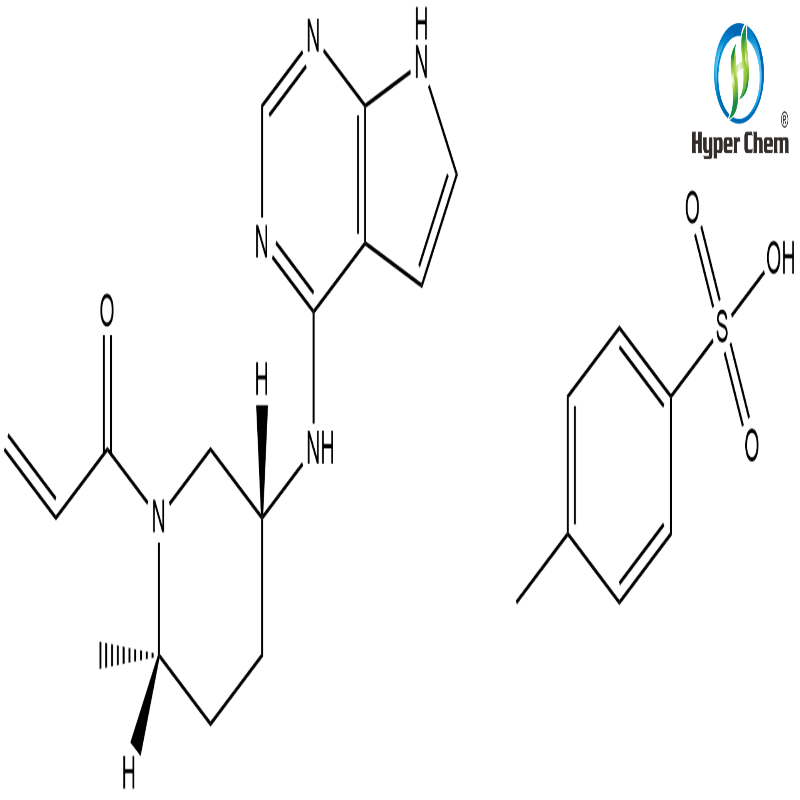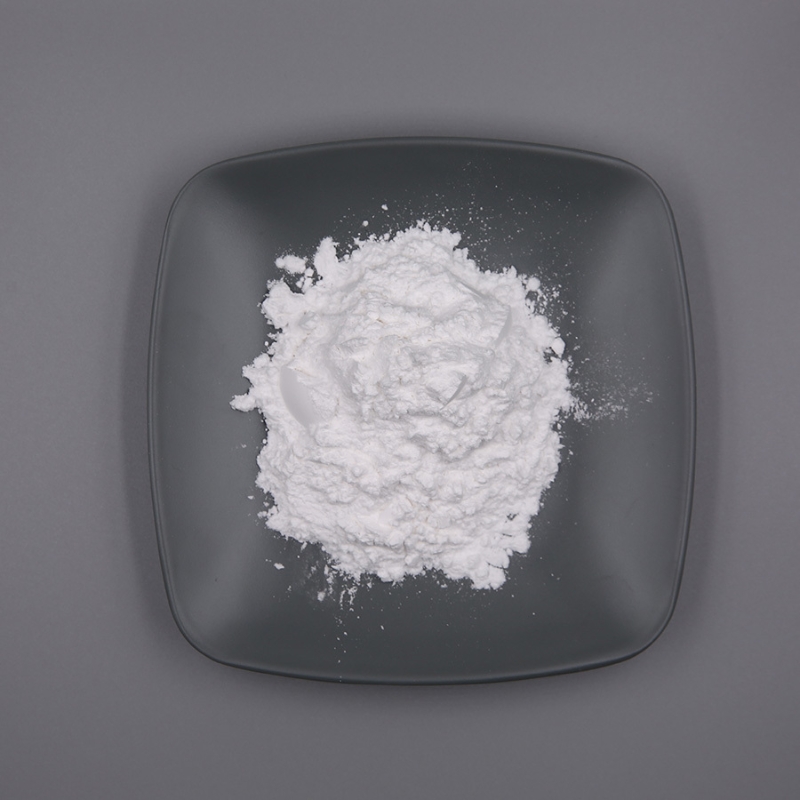-
Categories
-
Pharmaceutical Intermediates
-
Active Pharmaceutical Ingredients
-
Food Additives
- Industrial Coatings
- Agrochemicals
- Dyes and Pigments
- Surfactant
- Flavors and Fragrances
- Chemical Reagents
- Catalyst and Auxiliary
- Natural Products
- Inorganic Chemistry
-
Organic Chemistry
-
Biochemical Engineering
- Analytical Chemistry
-
Cosmetic Ingredient
- Water Treatment Chemical
-
Pharmaceutical Intermediates
Promotion
ECHEMI Mall
Wholesale
Weekly Price
Exhibition
News
-
Trade Service
November 27, 2020 /---/ The SARS-CoV-2 virus is causing a global pandemic, with cases continuing to rise.
most infected people experience mild COVID-19, but it is not clear whether this induces long-lasting immune memory that leads to immunity.
In a new study, researchers from research institutions such as the University of Washington School of Medicine in the United States conducted a longitudinal assessment of individuals recovering from mild COVID-19 to determine whether they produced and maintained multidimensory SARS-CoV-2-specific immune memory.
these recovered individuals produced SARS-CoV-2-specific IgG antibodies, neutral plasma, memory B cells, and memory T cells for at least three months.
results were published online November 23, 2020 in the journal Cell under the title "Functional SARS-CoV-2-specific immune memory memorys after mild COVID-19".
a transmission mirror image of SARS-CoV-2 (previously known as 2019-nCoV) from NIAID RML.
the authors further show that memory B cells that produce SARS-CoV-2-specific IgG increase over time.
In addition, SARS-CoV-2-specific memory lymphocytes exhibit characteristics associated with strong antiviral function: memory T cells secrete cytokines and multiply when the antigens are encountered again, while memory B cells express the subject that neutrallates the virus when expressed as monoclonal antibodies.
, mild COVID-19 can cause memory lymphocytes: memory B cells and memory T cells, and these memory lymphocytes persist and show functional characteristics of antiviral immunity.
(Bioon.com) Reference: Lauren B. Rodda et al. Functional SARS-CoV-2-specific immune memory persists after mild COVID-19. Cell, 2020, doi:10.1016/j.cell.2020.11.029.







